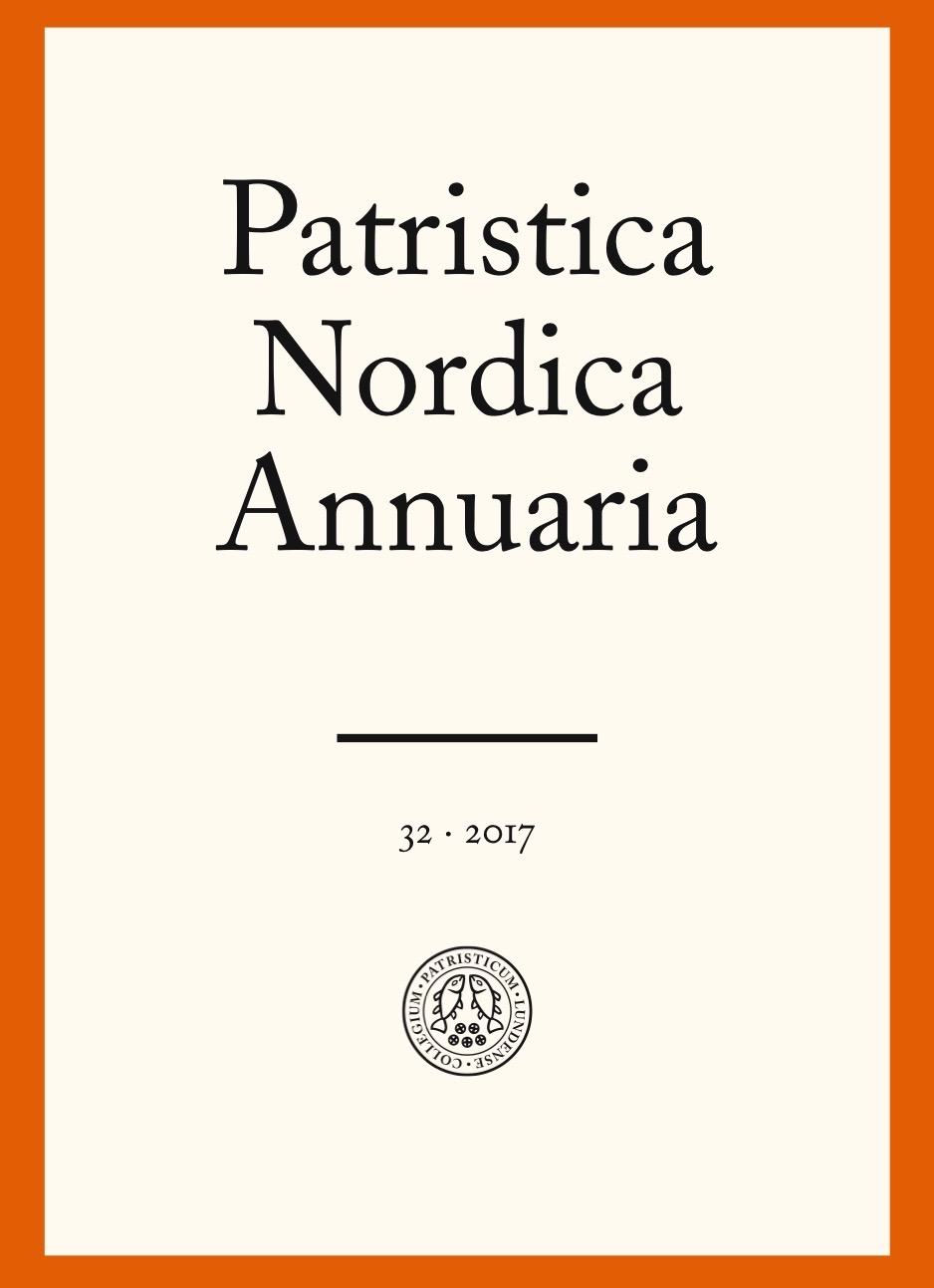Early Christian Identity Formation and Prayer in the Letter to the Ephesians
Abstract
This article analyzes the prayers of the letter to the Ephesians in order to examine how early Christian identity was formed and expressed. It is argued that the social identity of the addressees of Ephesians is strategically confirmed in these prayers in at least three ways. First, the prayers of Ephesians delineate who belongs to the ingroup and who belongs to the outgroup respectively. Secondly, the prayers of Ephesians present the ideal or the prototypical believer, affirming the identity of the true Christ-believer and, accordingly, disaffirming the identity of the false or deviating Christ-believer. Thirdly, the prayers of Ephesians give a common narrative and theological self-under- standing that serves to shape the cohesion of the ingroup of believers, to include and unite those who confess the same belief, and, in turn, exclude others. It is concluded that prayers could function as a powerful vehicle to express and affirm personal and social identity among early Christ-believers.


